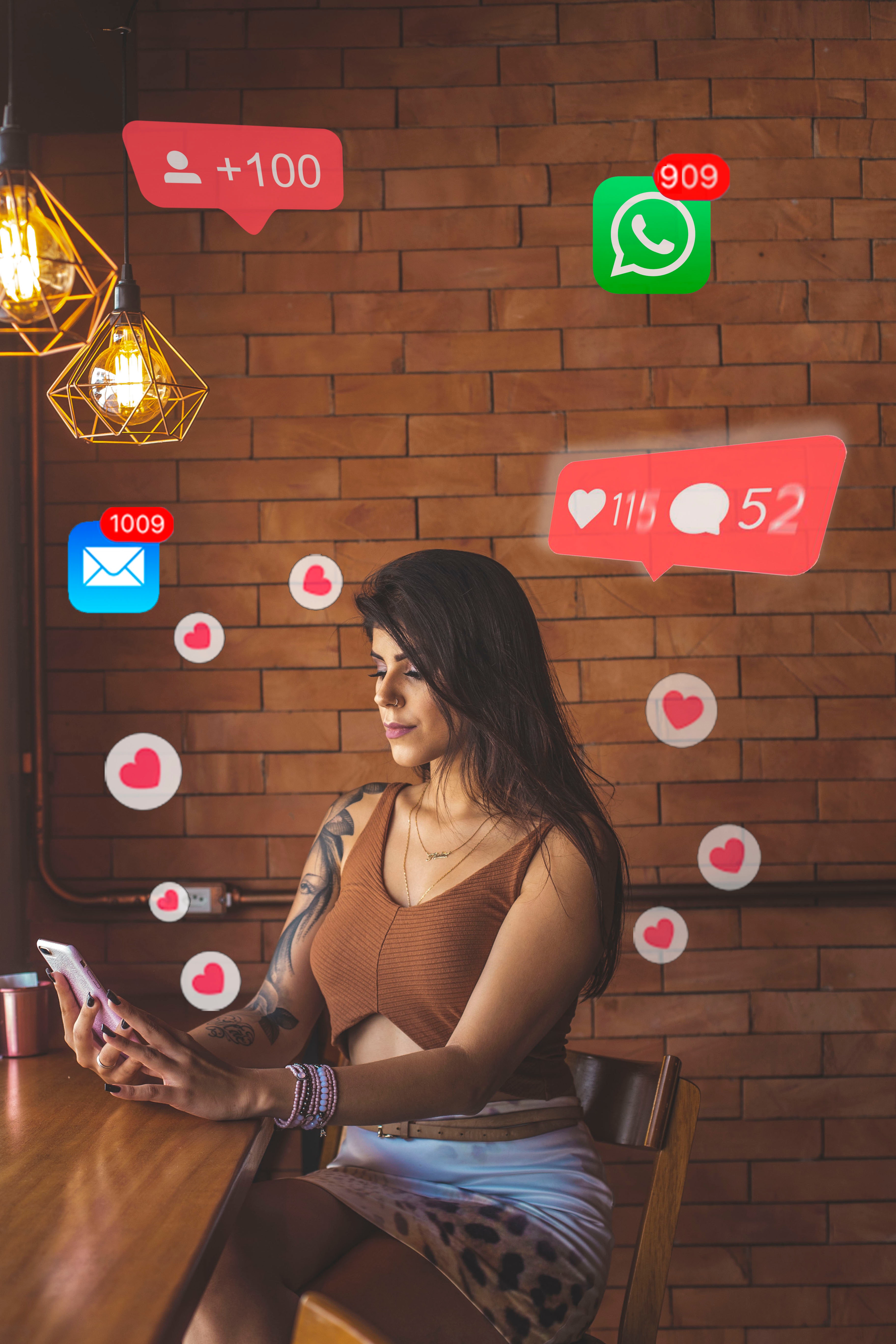Will a Like-Less Instagram Really Make a Difference?

It is no secret that social media has a substantial influence on one's mental health. Several studies have noted that the number of likes someone gets on Instagram has caused people to question their self-worth by constantly comparing themselves to the picture-perfect lives of others.
A recent article published by Refinery29 states that Instagram's CEO, Adam Mosseri, has finally announced plans to launch a test trial that involves hiding likes on a select group of accounts. As an avid Instagram user, I had mixed feelings about this decision. I couldn't help but wonder why now? Why has it taken this long for social media platforms to implement such a necessary change? Can this small change instill long-lasting benefits to Instagram users regarding mental health? So I did my research, and this is what I found.
In a WIRED interview with Tracee Ellis Ross and Arielle Pardes, Mosseri explains the goal behind the new Instagram changes. He emphasizes the notion that the removing of viewable likes on the platform is specifically targeted toward younger users. He says, “The idea is to try and depressurize Instagram, make it less of a competition, give people more space on connecting with the people that they love, things that inspire them.”
Arielle Pardes, Adam Mosseri and Tracee Ellis Ross/ Image Credit: Getty Images Matt WinkelmeyerA Business Insider article states that the removal of likes on Instagram was implemented in a total of seven different countries such as Australia, Brazil, Canada, Ireland, Italy, Japan, and New Zealand. However, concerns about Instagram's modification are on the rise. Instagram influencers are assumed to be the only ones heavily impacted.
Kate Weiland, an Instagram influencer from Canada, explained this change to Business Insider as “No audience applause at the end of the performance.” Despite the concerns among Instagram celebrities, influencer agencies don't seem to worry.
Mike Blake-Crawford, strategy director for an influencer agency, brought up the point that likes on Instagram are only surface level. The influencers that have real connections with their followers will be able to see this “through engagement and click-throughs of URLs in posts,” Blake-Crawford said.
Woman Social Media Likes / Image Credit: Pexels Dalila DalpratWhen it comes to influencers and their content, I believe that this change will reduce the “spam” content that floods our feeds. It will also decrease the younger generation's obsession with wanting to become Instagram influencers and turn their focus to the “real” world.
In a separate WIRED article, Adam Mosseri indirectly responds to the negative responses of influencers and organizations who are worried about losing their audience. He said, “We are going to put a 15-year-old kid’s interests before a public speaker’s interest.”
To answer my question about can this small change instill long-lasting benefits to Instagram users regarding mental health? I think, yes. What's more, Instagram is planning on taking further measures. The platform is focusing on reducing and preventing bullying on their site. They are working with therapists and engineers to come up with a way to pull users away from the platform when necessary.
Other social media platforms, such as Twitter, Facebook, and YouTube, are also figuring out ways to make similar changes. Another Business Insider article states that Twitter's CEO, Jack Dorsey, expressed to Chris Anderson, head of TED, that if he could go back to when he created Twitter, he “wouldn’t even have a like count in the first place.”
Instagram / Image Credit: Unsplash Toni HukkanenDrawing back to Adam Mosseri’s interview with Tracee Ellis Ross and Arielle Pardes, he hopes that through these changes, the Instagram and Facebook team will be able to see how users “feel about the platform, how they use the platform, how it affects the creator ecosystem.”
I firmly believe that the like-less Instagram change will serve as a gateway to the more substantial changes that need to be implemented through all social media platforms to see the effects many are hoping for.










